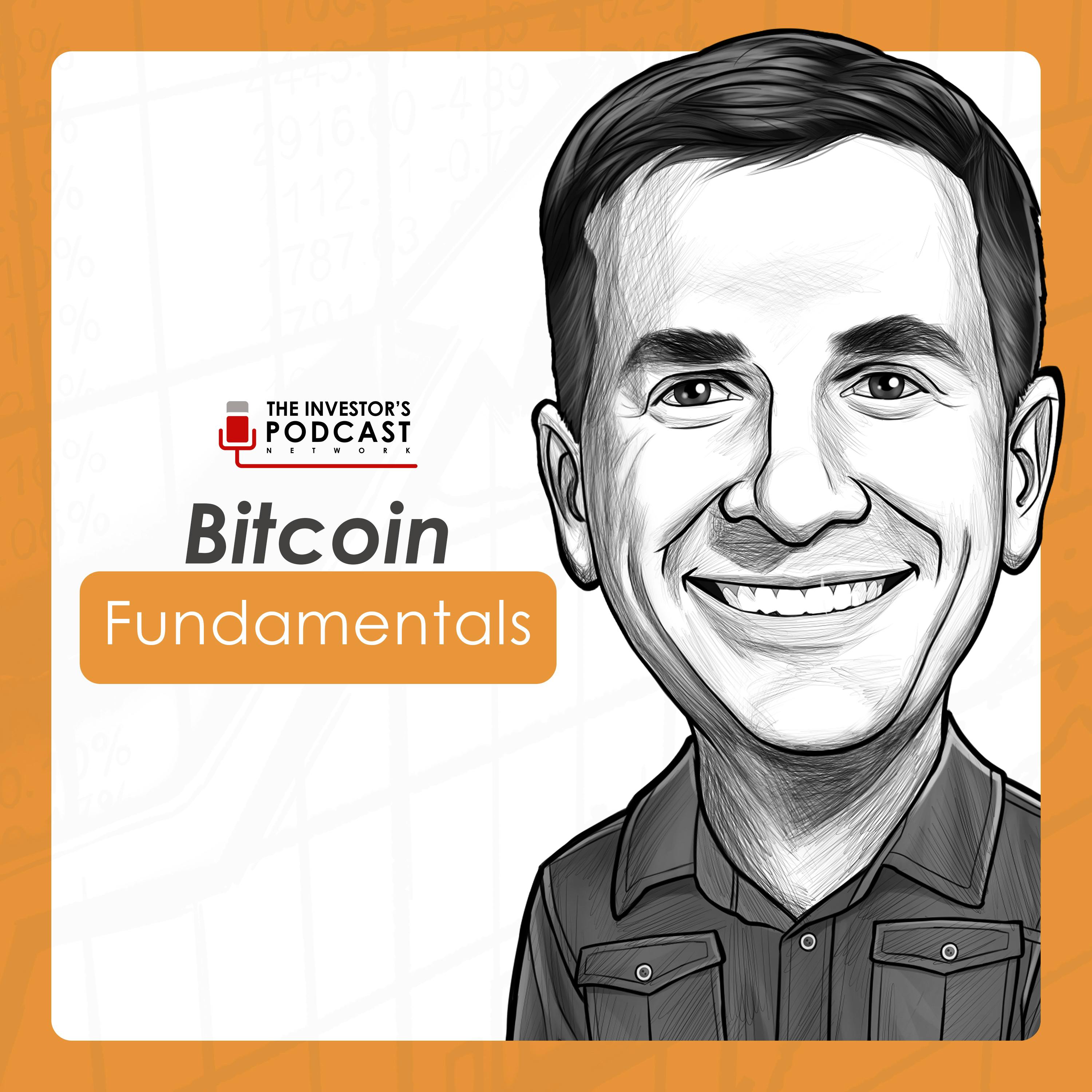
February 9, 2025 • 2hr 25min
RWH054: Billionaire Brit w/ Terry Smith
We Study Billionaires - The Investor’s Podcast Network

Key Takeaways
- Background and Early Life: Terry Smith grew up in poverty in East London in the 1950s/60s, which gave him strong motivation to succeed
- Investment Philosophy: Focus on high-quality companies with strong returns on capital, good margins, and durable competitive advantages
- Geographic Focus: Heavy emphasis on US companies (74% of portfolio) due to market size, depth, and company quality
- Key Holdings: Major positions in companies like Microsoft, Meta, Novo Nordisk, L'Oreal, and other high-quality global leaders
- Investment Process: Extensive due diligence on financials, business models, and management capital allocation
- Location Strategy: Benefits of being based away from financial centers in Mauritius to maintain independent thinking
Introduction
Terry Smith is founder and CEO of Fundsmith, managing the UK's largest stock fund with over $27 billion in assets. Since founding in 2010, his fund has returned over 600%, beating the MSCI World Index by 200+ percentage points. This episode explores Smith's journey from poverty to becoming one of Britain's most successful investors, his investment philosophy, and key lessons learned.
Topics Discussed
Early Life and Background (04:01)
Smith grew up in a poor area of East London in the 1950s/60s, son of a truck driver. The area was heavily damaged from WWII bombing and faced significant poverty and deprivation.
- Modest Background: Lived in house with no indoor bathroom or hot water
- Education: Attended Stratford Grammar School despite challenging circumstances
- Early Influences: Inspired by movies like Thomas Crown Affair showing different possibilities in life
- Boxing Training: Learned boxing from his uncle to deal with regular fights walking home from school
Early Career and Banking Experience (21:10)
After graduating with a first-class history degree from Cardiff University in 1974, Smith joined Barclays Bank as a graduate trainee.
- Banking Career: Spent 9 years at Barclays, rising to bank manager position
- MBA Education: Completed MBA at Henley Management College
- Key Learning: Gained deep understanding of financial statements and business operations
- Career Shift: Transitioned to becoming a banking analyst after advice from an investor
Investment Philosophy and Approach (39:26)
Smith outlined his detailed investment approach focusing on high-quality companies with sustainable competitive advantages.
- Quality Metrics: High returns on capital, strong gross margins, excellent cash conversion
- Business Understanding: Deep focus on understanding how companies generate returns
- Competitive Advantages: Looks for brands, intellectual property, distribution networks
- Management Assessment: Evaluates capital allocation decisions and strategic thinking
Portfolio Construction and Holdings (46:54)
The fund maintains concentrated positions in high-quality global companies, many with long operating histories.
- Portfolio Age: Average company founding date around 1920
- Key Holdings: Microsoft, Meta, Novo Nordisk, L'Oreal, Philip Morris
- Sector Focus: Consumer staples, technology, healthcare
- Geographic Allocation: 74% US companies due to market quality and depth
Investment Process and Research (1:35:46)
Smith described his team's independent research process and avoidance of Wall Street influence.
- Independent Research: No broker contact or external research used
- Team Structure: Small, focused team including long-time colleague Julian Robins
- Due Diligence: Extensive financial analysis and management assessment
- Location Advantage: Operating from Mauritius provides independence and perspective
Views on Tesla and Auto Industry (1:52:46)
Smith expressed skepticism about Tesla and the broader auto industry based on structural challenges.
- Industry Economics: Auto manufacturing historically destroys value
- Capital Intensity: High fixed costs and development expenses
- Cyclical Demand: Highly variable consumer demand patterns
- Tesla Valuation: Questions high multiple versus traditional automakers
Conclusion
Terry Smith's success stems from a disciplined focus on high-quality companies, independent thinking, and lessons learned from his modest background. His approach emphasizes understanding business fundamentals, avoiding certain challenging sectors, and maintaining a long-term perspective. The interview provides valuable insights into both investment philosophy and the personal qualities needed for sustained investment success.









